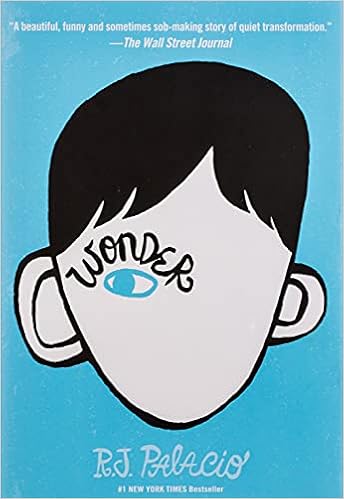The film “The Green Book” tells the story of the friendship between Tony and Dr. Sherry across race and class. From the white man’s perspective to show the plight of a great black pianist in society at the time. Tony is hired as a driver for Dr. Sherry, and the two drive to the American South for a concert tour along the way. Tony, a white male, and the black musician both live in New York City in the northern part of the United States. Tony has nothing to do, no regular occupation or income, low taste, loves to fight, and is foul-mouthed. The black musician is well-educated and lives a sophisticated, elegant, and polite life. The first meeting between the two is not pleasant, because Tony is a racist, and even the water cups drunk by the black decorators in the house are thrown away. In the film, the director lends the musician one encounter after another to constantly highlight and reinforce the theme of racism. Then Tony helps Dr. Sherry get out of trouble again and again. During this time, their souls were communicated and both changed them from previous ideas.


In addition to the topics that many people discuss, I would like to discuss the letters in the film. The letter in the film also has an important symbolic meaning, since it sustains the love and affection between Tony and his wife and children. At the same time is also Dr. Sherry helping Tony to write a letter, expressing his own desire for love. Dr. Sherry longed for the love and affection that Tony had, and also for the continuation of the friendship with Tony. In addition, the Steinway piano is a status symbol. This piano means that Dr. Sherry himself has respect for classical music. In the process of his tour, the piano played must be a Steinway piano, because he wants to defend the right of black people to play classical music. Later in the film, Dr. Sherry plays music with a black band in a black tavern, and the piano used is not a Steinway piano, but an ordinary piano. At that time Dr. Sherry no longer needs Steinway’s piano to add his own identity, which also means that he accepts his identity change. In addition to the theme that the movie wants to convey, I think the most touching part is actually the kind of mutual respect and understanding between two completely different people, as well as the warmth and light of humanity reflected in some of the supporting characters.

 doing drugs, having kids, and getting into legal trouble. When Carter takes over, the team starts winning and the kids finally begin working as a unit until Coach decides to cut their season short because of their failing grades. The kids and their families become frustrated but Carter is looking at the bigger picture trying to teach the kids that there is a life beyond the basketball court and they need to get the stuff together if they want to do something with their lives. The biggest conflict within the story is Coach Carter vs. the team and this creates a strong connection to the master-slave dialectic.
doing drugs, having kids, and getting into legal trouble. When Carter takes over, the team starts winning and the kids finally begin working as a unit until Coach decides to cut their season short because of their failing grades. The kids and their families become frustrated but Carter is looking at the bigger picture trying to teach the kids that there is a life beyond the basketball court and they need to get the stuff together if they want to do something with their lives. The biggest conflict within the story is Coach Carter vs. the team and this creates a strong connection to the master-slave dialectic.





